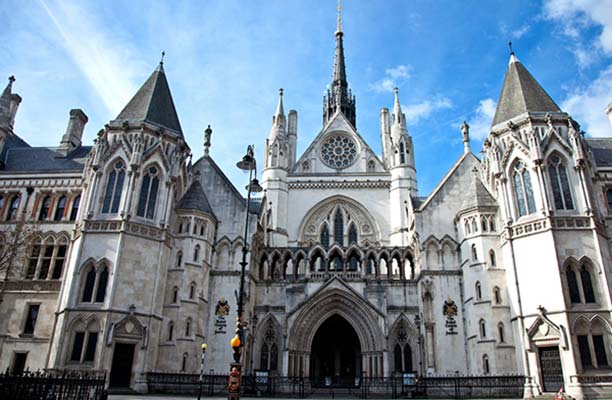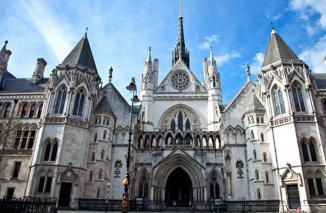The Senior Salaries Review Body (SSRB) is to liaise with judges in a major review of their pay, after a recent survey cited nearly half of judges are considering quitting their roles.
In a letter this week addressed to the Lord Chief Justice for England and Wales, the body stated that a judicial pay rise is expected and the SSRB will consider how to attract more judges ‘in the light of the external market, retention and motivation’. It will advise the Lord Chancellor of the outcome by June 2018.
The Judicial Attitude Survey, published by UCL, this February found that 47% of High Court judges are considering leaving the judiciary – and almost three quarters or 74% of respondents felt that their pay and pension entitlement combined inadequately reflected their work.
The judiciary has voiced a growing number of concerns over remuneration in recent years.
Since 2016, the Lord Chief Justice of England and Wales salary’ was £249,583. This represents a 2% rise from 2014. Top-tier Lords including Lord Chief Justices of Northern Ireland, Lord President of the Court of Session, Master of the Rolls and President of the Supreme Court’s 2016 pay was set at £222,862, also a 2% increase.
Those judges in the lower payscale tier, including costs judges and district judges in magistrates’ courts, had officially salaries of £107,100 in 2016. Judicial pay is separated across seven payscales, reviewed each April.
Judges have also been at odds with the government regarding pension reform. In November 2016, a group of High Court judges launched a landmark legal action against then Justice Secretary Liz Truss, alleging she unlawfully discriminated against them on the grounds of age. Some claimed they suffered discriminated on grounds of sex and ethnic origin, relating to the new judicial pension scheme.
In 2012 and 2015, the government overhauled public sector pension schemes which meant workers had to pay higher contributions and retire later.
The Ministry of Justice has undertaken reforms to judges pay in the Judicial Pensions (Fee-Paid Judges) Regulations 2017, in force since 1 April. Judges with eligible fee-paid service – in judicial office between 7 April 2000 and 31 March 2015 have faced reviews of their annual pension rate and other provisions such as a lump sum and benefits.
The UK courts and tribunals have looked at the terms of current and former fee-paid judicial office holders in several cases, including O’Brien v MoJ. That case found that a historic lack of pension and specified benefits were less favourable treatment of some fee-paid judicial office holders in relation to salaried judges doing the same or similar work due to their part-time status, meaning eligible judges were due damages from the government for inadequate pension provision.
Quinn Emanuel Urquhart & Sullivan litigation partner Ted Greeno told Legal Business that judges’ pay is just one of many issues facing the judiciary. He pointed to the ‘very big income drop’ QCs have to take to become judges and that ‘the traditional trade-off of a good pension has also been eroded.’
Greeno emphasised that judges are also frustrated with their treatment by the government. ‘They are not afforded the same respect as they once were and are treated more like civil servants than they have ever been.’
One City litigation partner commented: ‘It’s really important that we are attracting high quality people to the bar. Therefore we need to make sure that their pay and conditions are good enough.’
The government also provoked criticism from the profession earlier this month with the appointment of David Lidington as Lord Chancellor. Lidington, who replaced Liz Truss in the role, is the fourth consecutive non-lawyer appointment to the office and lacks any legal background.
Ashurst litigator and Chairman of the City of London Law Society Ed Sparrow described that appointment as ‘a pity’, telling Legal Business that ‘knowledge of the legal sector and the independence that comes with legal training and practice are skills that make the job easier.’











